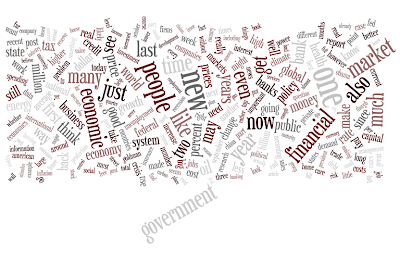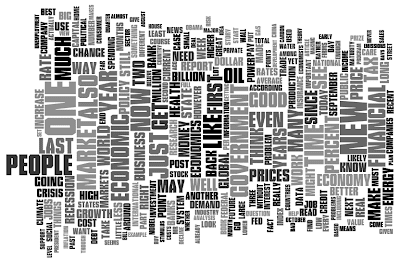Falsifiable economics
So, let's say I claim that all swans are white. Prove it, you insist. Well, say I, here's a white swan - here's another one - and here's another. Therefore it's quite likely that the rest of them are white too. You probably wouldn't consider that to be much of a proof. Quite rightly, you'd insist on the scientific standard. Make clear what a counterexample would look like (a black swan) and show that a reasonably comprehensive effort to find black swans has failed. Second best might be a detailed biological analysis of swan DNA and physiology to convince you that they simply don't have the capability to produce black pigment - but even that is not very reliable. After all, by definition I am only analysing the white ones. So why in economics do we accept the equivalent of white swans as "evidence" for macroeconomic theories? If a Keynesian wants me to believe her theory about government borrowing resolving the paradox of thrift, she should tell...




